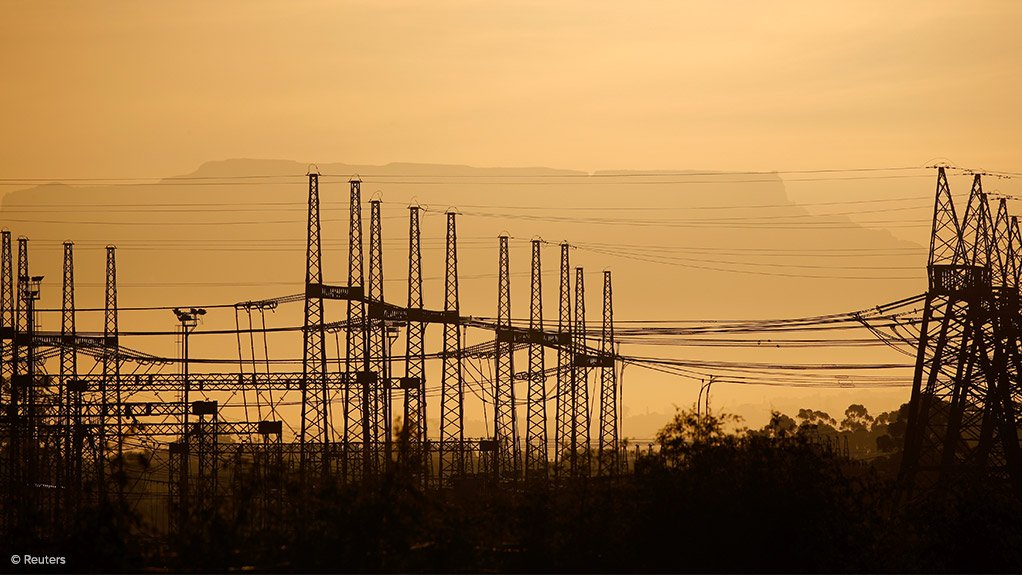City of Tshwane Utility Services MMC Daryl Johnston says constantly switching the electricity on and off for Stage 6 loadshedding gives the electrical team "significantly less time" to work on repairs and maintenance.
Johnston was responding to the implementation of Stage 6 loadshedding "until further notice" on Wednesday.
Ailing power utility Eskom said "severe capacity constraints" meant it would need to rely on emergency generation reserves.
On Thursday, Johnston said Stage 6 loadshedding severely impacted the City's electricity infrastructure.
"Eskom has again announced that it would raise loadshedding to Stage 6 from [21:00] last night (Wednesday) going on overnight each day from [16:00] in the afternoon until [05:00] the next morning until further notice.
"They've also subsequently increased that to Stage 6 permanently. Raised levels of loadshedding are a crisis for our municipality, affecting both the condition of our electricity network as well as the ability to attend to outages."
He said Stage 6 loadshedding meant regions of Tshwane would be without electricity two or three times a day for a minimum of six hours per day.
"Our networks were never designed for loadshedding, and continuously turning the network on and off has a major impact on the condition of our network infrastructure," he added.
He said residents knew that loadshedding could result in additional outages due to overloading of the network as well as vandalism and theft of the City's infrastructure.
"However, as the frequency of loadshedding increases, City resources will be stretched by just switching areas on and off. The same teams that need to perform the switching also play a critical role in electricity network repair and maintenance work. They will have significantly less time to work on restoring electricity for non-loadshedding-related outages."
A graph by The Outlier, a data and visual storytelling media platform, shows the increase in the number of days of loadshedding. Using loadshedding prediction app EskomSePush, the platform has tracked the increase in blackouts from 2015 to 2023.
South Africa has experienced loadshedding every day this year, compared to no loadshedding in the same period in 2022. Loadshedding was implemented every day in November and December.
EMAIL THIS ARTICLE SAVE THIS ARTICLE
To subscribe email subscriptions@creamermedia.co.za or click here
To advertise email advertising@creamermedia.co.za or click here











